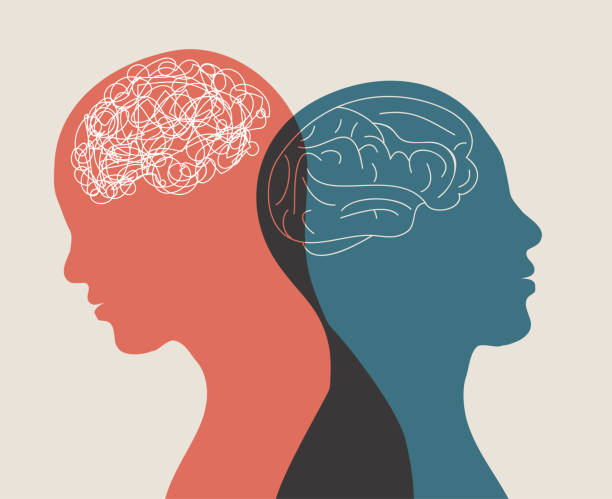In recent years, there has been a paradigm shift in the way society perceives and addresses mental health. Traditional models of mental health services often focused on symptom management and medication, leaving many individuals feeling isolated and disempowered. However, a growing recognition of the interconnected nature of mental health has paved the way for holistic approaches that redefine recovery. Holistic mental health care is founded on the understanding that mental well-being is influenced by a multitude of factors, including physical health, social connections, lifestyle choices, and environmental elements. By embracing a comprehensive approach, mental health services can empower individuals to not only manage their symptoms but also cultivate a fulfilling and meaningful life. One key aspect of holistic mental health care is acknowledging the intrinsic connection between physical and mental well-being. Exercise, nutrition, and sleep play pivotal roles in mental health, impacting mood, cognitive function, and overall resilience.

Integrating physical health practices into mental health services can create a foundation for recovery that extends beyond the traditional boundaries of psychiatric interventions. Social support is another crucial component of holistic mental health care. Human connections have a profound impact on mental well-being, providing a sense of belonging and purpose. Holistic approaches emphasize the importance of building and maintaining strong social networks, whether through support groups, community engagement, or fostering healthy relationships with family and friends. Recognizing and addressing social determinants of mental health can be a catalyst for sustained recovery. Moreover, holistic mental health care embraces lifestyle modifications as a powerful tool for recovery. Mindfulness, meditation, and other stress-reduction techniques are integrated into treatment plans, enabling individuals to develop coping mechanisms and enhance emotional resilience. By encouraging the adoption of healthy lifestyle habits, mental health services can empower individuals to take an active role in their recovery journey. Environmental factors also play a pivotal role in mental well-being, and holistic approaches consider the impact of one’s surroundings on mental health.
This involves assessing the influence of living conditions, work environments, and overall community support. By addressing environmental factors, mental health services can create a more comprehensive and personalized approach to recovery that extends beyond the confines of clinical settings and know more at https://lakeviewmentalhealth.com/. Furthermore, redefining recovery through a holistic lens involves moving away from the notion of a one-size-fits-all approach. Each individual’s journey is unique, and holistic mental health care recognizes the importance of personalized treatment plans that consider cultural, spiritual, and individual differences. This person-centered approach fosters a sense of autonomy and agency, empowering individuals to actively participate in their recovery process. The shift towards holistic approaches in mental health services marks a transformative step in redefining recovery. By recognizing the interconnectedness of physical health, social support, lifestyle choices, and environmental factors, holistic mental health care empowers individuals to take charge of their well-being. As the mental health landscape continues to evolve, embracing holistic approaches promises a more inclusive, empowering, and effective model for recovery that resonates with the diverse needs of individuals on their journey to mental wellness.
